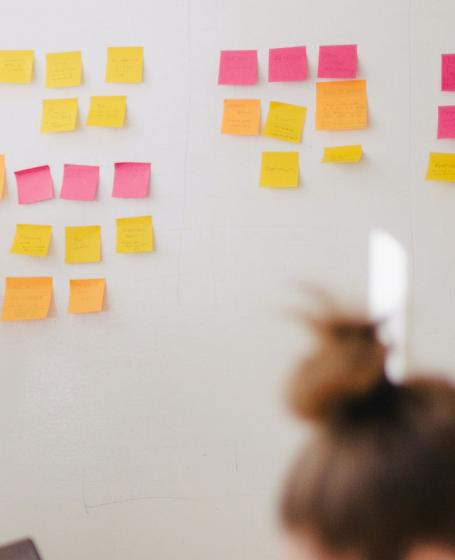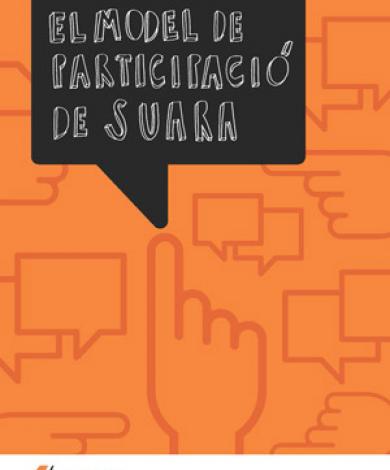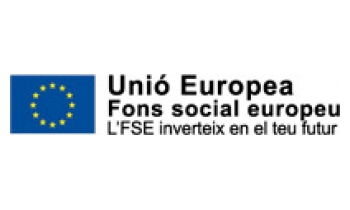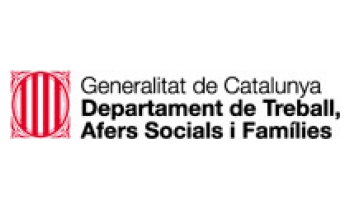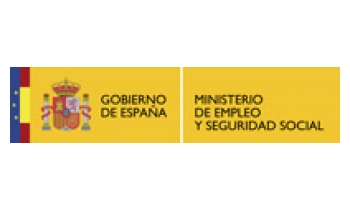Participating means making an impact, getting involved, feeling involved, becoming committed and being proactive.
Participating is deciding and doing with others.
At Suara we understand participation as a right for everyone and a responsibility of the members. It is also a tool for sharing people's capabilities, a strategy for generating a sense of belonging, an instrument for partners to feel satisfied with work, a guarantee of legitimacy in decisions, a foundation of the governance model, the drive of renovation and a way of being permanently in Suara.
In a cooperative, people are the priority, not money, and therefore participating is not just a tool to achieve the company’s economic goals. Above all, it is a human right in democratic societies like ours, and a need we have to feel good and to grow as people. Participation is the specific way a cooperative is organized. Managing a cooperative can never be the same as running a commercial business, because democracy and participation must be visible everywhere.
Without participation there is no cooperative.
The cooperative is the participatory company par excellence
Take a look at our participation model in this dossier (in Catalan):
The cooperative will be what the members want it to be.
Areas of participation
Operative participation
This is the participation of members and employed people in daily work-related issues. The main purpose is to ensure that every person can manage his/her own work. The majority of daily decisions are made directly by people, teams and services.
Company participation
This is the participation of members in the cooperative’s general affairs, beginning with the participation in the ownership, which is made by the compulsory capital contribution to become a member.
Strategic participation
This is the participation of members in future cooperative issues. Future cooperative arrangements need a joint construction of decisions.
Community participation
This is the participation in the social life of the cooperative. Cooperatives promote interpersonal relations and build trust, mutual knowledge and a sense of belonging. These are the pillars of cooperation and teamwork.
Diagnosis of the participation model: Hobest, SCCL
Ideation and coordination: L’Apòstrof, SCCL
Illustration: LaCol Cooperativa
© Suara Cooperativa, 2016
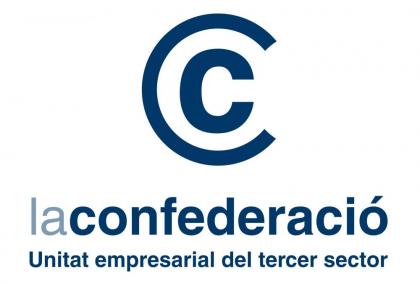
Suara's participation model received the first La Confederació 2017 award in the Democratic Management category.
This material has been co-financed by the European Social Fund within the framework of thematic objective 8: "Achieve quality training and employment".
Supported by:

